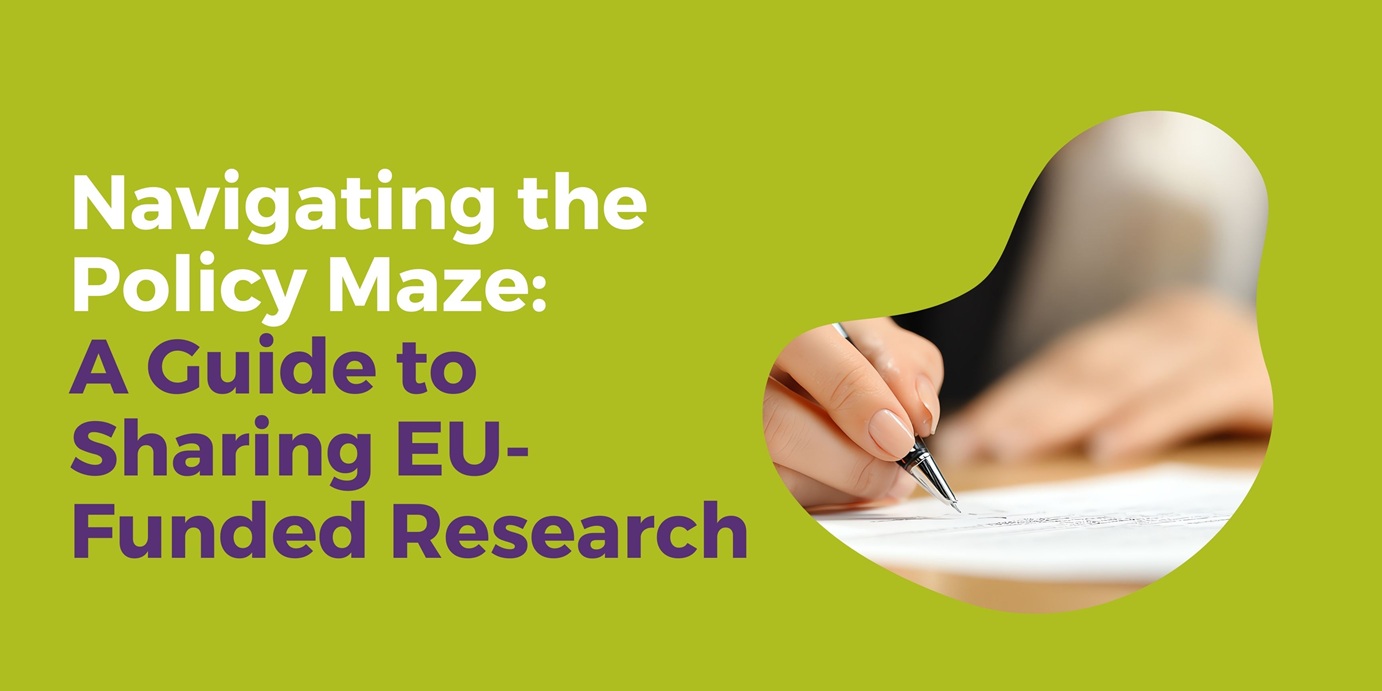Got a brilliant EU-funded project? Fantastic. But if you think your work stops at the final report, think again. Your research findings are valuable, actionable insights that can directly influence policy and shape a better future for all Europeans. The European Commission recognises this, which is why they’ve released a “starter kit” to help EU-funded R&I projects effectively share their scientific evidence with policymakers.
Why Your Scientific Evidence is a Game-Changer
Citizens overwhelmingly believe that scientists should be part of the political conversation. In fact, a recent survey found that 68% of Europeans agree that scientists should intervene in political debates to ensure decisions are evidence-informed. By sharing your findings, you’re not just fulfilling a requirement; you’re actively contributing to a more informed society. Your work can influence:
- Legislative proposals and policy initiatives
- The design of future R&I funding programmes
- Evaluations of existing policies or legislation
- International negotiations
The Blueprint for Success: Three Core Principles
According to the starter kit, there are three essential principles to ensure your results have real policy impact:
Know Your Audience and Context: Policymakers consider multiple inputs, with scientific evidence being a valuable one. You need to understand their needs and what’s on their agenda. Monitor relevant policy developments and identify which of your findings are most pertinent. Your project officer can be a great resource here, connecting you with the right people and debates at the EU level.
Team Up for a Bigger Impact: Don’t go it alone. Establish relationships with a diverse range of researchers and stakeholders, including academic institutions, industry, and civil society. Collaborating with others in similar or complementary fields can enrich your findings and strengthen your collective voice.
Plan for Impact from Day One:To make sure your project results land with the right people at the right time, you need a strategy. The starter kit suggests asking seven key questions early in your project’s lifecycle:
- Why are you engaging? (e.g., to support a specific piece of legislation)
- Who should you inform? (Identify your target audience.)
- What are your key messages? (Be clear, relevant, and credible.)
- What kind of evidence will you use? (Think clear data, figures, and examples.)
- When should you share your results? (Plan for timely inputs)
- Which channels will you use? (This could be a policy brief, workshops, or social media.)
The Power of the Policy Brief
One of the most effective tools for sharing your evidence is the
policy brief. A policy brief is a concise, focused document, typically 2 to 4 pages, that presents clear, actionable recommendations based on scientific evidence for a specific policy matter. It’s designed to be a quick read for busy policymakers.
When writing one, remember these golden rules:
- Do: Use plain language and avoid academic jargon. Focus on the essentials: the problem, why it matters, and what to do about it. Back up every recommendation with compelling evidence and data. Use visuals like graphs and tables to make complex information digestible.
- Don’t: Write an academic paper. Don’t make unsupported claims. Don’t use overly technical language or acronyms. Avoid lengthy blocks of text.
By following these guidelines, you can ensure your hard-earned research doesn’t just sit in a report but actually gets the attention it deserves.
For more detailed information, check out the full publications:
- Sharing scientific evidence with policymakers: A starter kit for EU-funded research & innovation (R&I) projects: https://op.europa.eu/en/publication-detail/-/publication/262605e4-4b23-11f0-85ba-01aa75ed71a1/language-en
- Sharing scientific evidence with policymakers: Guide on writing policy briefs for impact: The guide itself cites another publication for more info. The full text of that guide is provided.

